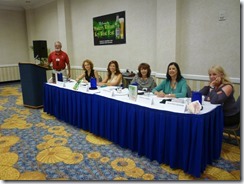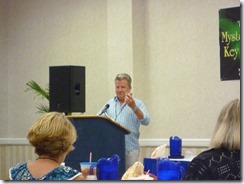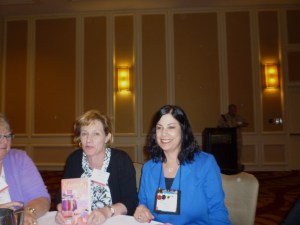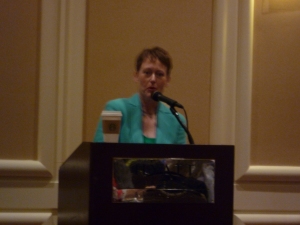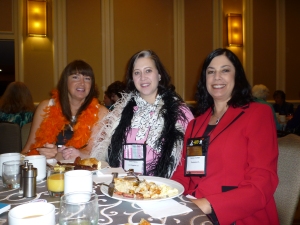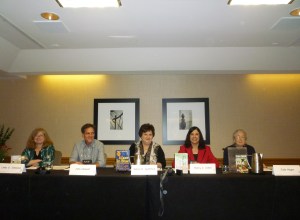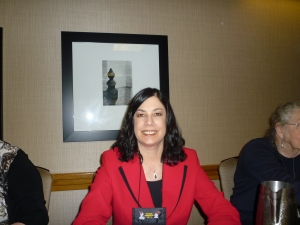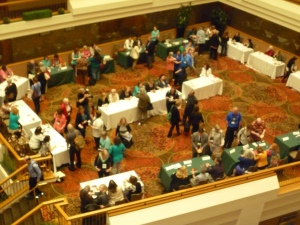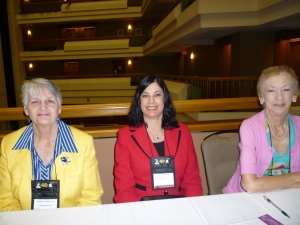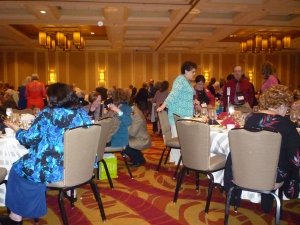Audio Books on ACX with Terry Odell and Neil Plakcy and moderated by Julie Compton

We continue with my recap of panels and workshops at SleuthFest. These are my interpretations and notes, and any misstatement is my error. Photos are viewable from my Facebook Page. Like my page, then click on Photos, Albums, and SleuthFest 2014.
Note: Terry has many of the steps for creating an audiobook on her blog at Terry’s Place
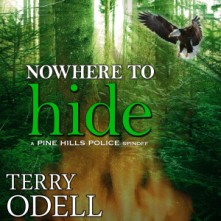
Why Audio?
Sales of audio books are growing in double digits. There’s extra money involved. You can reach another audience. And it’s not hard to do.
Why ACX?
ACX stands for the Audiobook Creation Exchange. It’s owned by Amazon, and it connects narrators, producers, authors, and the marketplace. It’s not hard to learn and has good customer service. They have a lot of narrators, and you don’t need a cash outlay. http://www.acx.com/
Getting Started
Enter your book in the blank box to find it on Amazon, who will fill in the description. Categorize your book. You’ll be presented with three choices. You have an audio book and you want to sell it. You wish to narrate your own story. Or you want to hire a narrator. For a producer, keep in mind the quality of equipment and if they fix glitches.
How do you pick a narrator?
Gender: Male, female, or either
Age: Child, Tween, Teen, YA, Adult, Middle Aged, or Elderly
Language: English, French, German, Spanish
Accents: Choose from a list
Narrative styles: Upbeat, sexy, frightened, etc. This should reflect the tone of the book.
Pitch your book
Market to the producer by mentioning your mailing list numbers, awards, reviews, and other accolades.
Let the narrator know what type of book it is (i.e. humorous mystery) and what types of characters are involved including special accents (i.e. Yiddish words or Spanish phrases).
The sample script is 5000 characters limit, but it does not have to be consecutive text.
Ask the narrator what kind of promotion they’ll do for your book.
Can you tell the difference with this narrator between the character speaking and thinking?
How about dialogue with “he said” and “she said?” If there are two female characters, can you tell which one is speaking? Are puns pronounced correctly?
Royalties
You can pay the narrator up front and keep all the royalties, or do a 40% split. If you do the split royalties, the audiobook will be sold on Audible, Amazon, and iTunes only. But there’s no cash outlay and the narrator is more likely to help in the marketing. That is, if you can find a narrator willing to invest their time in your project. Paying up front is more expensive, but you can sell your audio elsewhere and you have control over it.
Stipends
ACX may pay narrators a stipend to do your narration. This attracts more narrators, but you have to sell yourself when applying for this option. So consider the application form a “pitch” session and mention your readership and marketing basis.
Covers
These must be 2400 x 2400 square. You cannot resize your ebook, so ask your cover designer to provide a cover in this size.
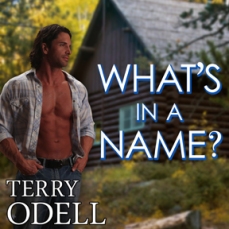
Full Narration
Don’t have the narrator read your front or back material. They’ll upload the first 15 minutes to your dashboard for you to check the pacing, accuracy, etc. Have them upload chapters as they go so you can listen to the file. You may want to tell them to drop the “he said” or “she said” if they feel it isn’t necessary.
If you want a copy on CD, consider that the book takes about 10 hours or so to narrate, and so you’ll need a number of CDs for one work.
The file comes as a download. People listen to it on their mobile devices or on their cell phone.
Reviews
Reviews will show up on the audiobook’s Amazon page.
<><><>
Kobo Writing Life with Christine Munroe and moderated by Christine Kling
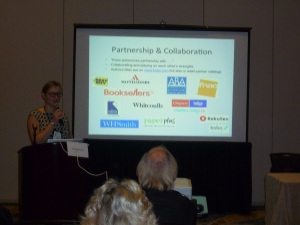
Kobo has a blog, podcast, and social media sites. Check out Kobo Writing Life . They have a bestseller list on the blog with 30 titles. Kobo also has author collectives like the “Jewel” historical romances. They have a daily deal on the main page which may include boxed sets. Kobo Next is indie picks for new releases. You can also ask to be included in the First Free in Series.
If a book is to $2.99 here, then it’s $2.88 in Canada/Europe. Books priced at $1.99 are doing poorly. Customers like $.99 or $2.99. You can raise the price for full-length books up to $8.99.
You should link to Kobo on your website and other places online. Marketing opportunities include Book Bub, Story Finds, and Indie Bound.
For metadata, you’ll want to add the imprint or publisher name and the series title.
Indie bookstores earn a percentage of sales selling Kobo e-book readers and titles.










